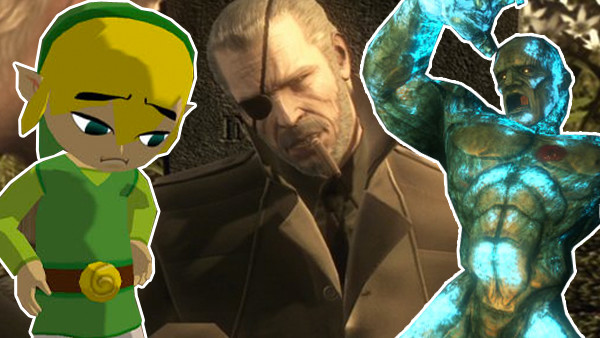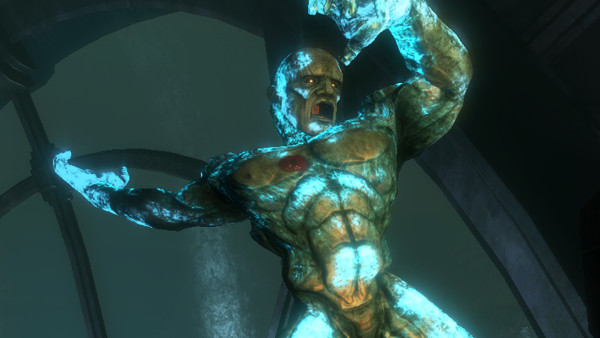10 Video Games That Didn’t Know When To End
"You could face the final boss, but first you must gather EIGHT more items..."

How long should a video game be? Its an interesting question, and while many fall on different sides of the debate, there are plenty of examples of games that are objectively too short when their proposed asking price enters the equation, or those that drag on for far too long for seemingly no reason.
It happens more often than you think: Perhaps a story-heavy game gets derailed or overstretched by too many areas or character introductions, or repetition sets in (hello, Far Cry Primal) leading swiftly to boredom and the need to play something else. Or maybe a game is just so outright bad thanks to a lack of overall polish, that it feels way longer than it actually is.
The following are only a handful of such titles; experiences that, for one reason of another, feel like their logical closure points passed them by on the way to some far-off credits...
10. Bioshock

There are actually two endings to Bioshock, the first of which is the confrontation and resolution with Andrew Ryan. It is a showstopper moment and a perfect way to end the game... until that stops being the case, and Irrational's baby goes on for a little while longer.
Once Andrew Ryan dies, Frank Fontaine becomes the final villain, and unlike the former, the latter is not nearly as interesting, which makes the final stretch to find him and finish him off kind of a slog. It feels like it should be over, but instead pushes you towards a traditional final boss fight just for the sake of it. Fontaine's final form isnt particularly inspired, and honestly, this showdown felt beneath a game as artistically innovative as Bioshock overall.
You could argue that this time is used to wrap up the lose ends of the plot, but it could have been done in a more economical way, allowing for the high of the Andrew Ryan confrontation to remain as the credits roll. Bioshock draws its plot out and ends in a way that almost all agree, simply doesnt live up to the standards of everything that preceded it.